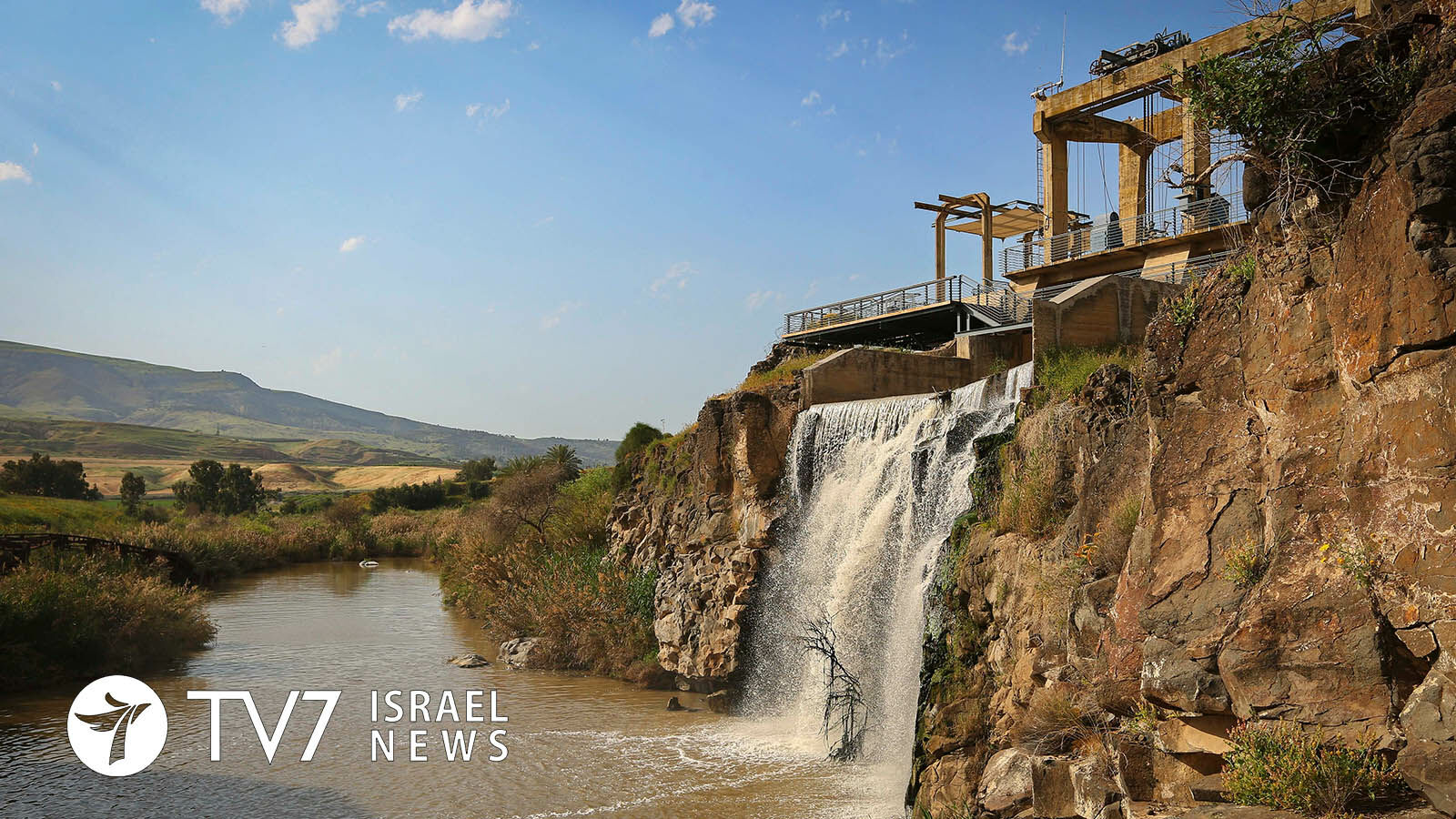The move comes about due to Israeli innovation to raise water levels at the Sea of Galilee.
By Erin Viner
In an expensive new project, desalinated water from the Mediterranean Sea is being transported across the country to replenish the fresh body of water, near the northern city of Tiberias.
Following rising alarm over the past decade during protracted droughts and receding shorelines, Israel took action by constructing a chain of desalination plants along its Mediterranean coast.
Experts say the system is capable of raising the lake’s level by half a meter each year, offering Israel a surplus of the precious resource in an arid region extremely vulnerable to climate change.
The Sea of Galilee, whose waters Christians believe Jesus walked upon and where he delivered the Sermon on the Mount, is Israel’s main reservoir and major site of pilgrimage. In the bible, it was also referred to as the Sea of Tiberias, Lake of Gennesareth and the Seas of Chinnereth.
Today hotels and campsites line the perimeter encircled by lush hills. The Seaalso feeds the Jordan River that flows south to the Dead Sea.
“All the extra water that (the plants) are producing, we will be able to bring it with the national water carrier system up north and into the Sea of Galilee,” said Yoav Barkay, who manages the national carrier at state-owned Mekorot.
“With this environment of climate changes, you don’t know what to expect next year and the year afterward,” he added, pointing out, “We are no longer depending on rain basically for water supply.”
The new network will also let Israel double the amount of water it sells to neighboring Jordan under a broader water-for-energy deal forged through a working although sometimes fractious relationship.
Water was a major component in the peace treaty signed by the two states in 1994. At that time, the arrangement was for Israel to supply Jordan with 50 million cubic meters of drinkable water a year, an amount which was doubled in late 2021.
Construction is now underway on a pipeline to again double the quantity will reach Jordan, via a new line of Israel’s national water carrier to the city Beit Shean and from there east to the Jordan border, expected to be completed by 2026.
That means some 200 million cubic meters of water – the same amount consumed by the five biggest cities in Israel combined – will be supplied to Jordan.
The Hashemite Kingdom has been labeled as one of the most water-scarce countries in the world by the United States Agency for International Development (USAID).
Around a year ago Jerusalem and Amman also agreed to partner in a project that would see Jordan build 600 megawatts of solar generating capacity to be exported to Israel in return for the additional water supply.
